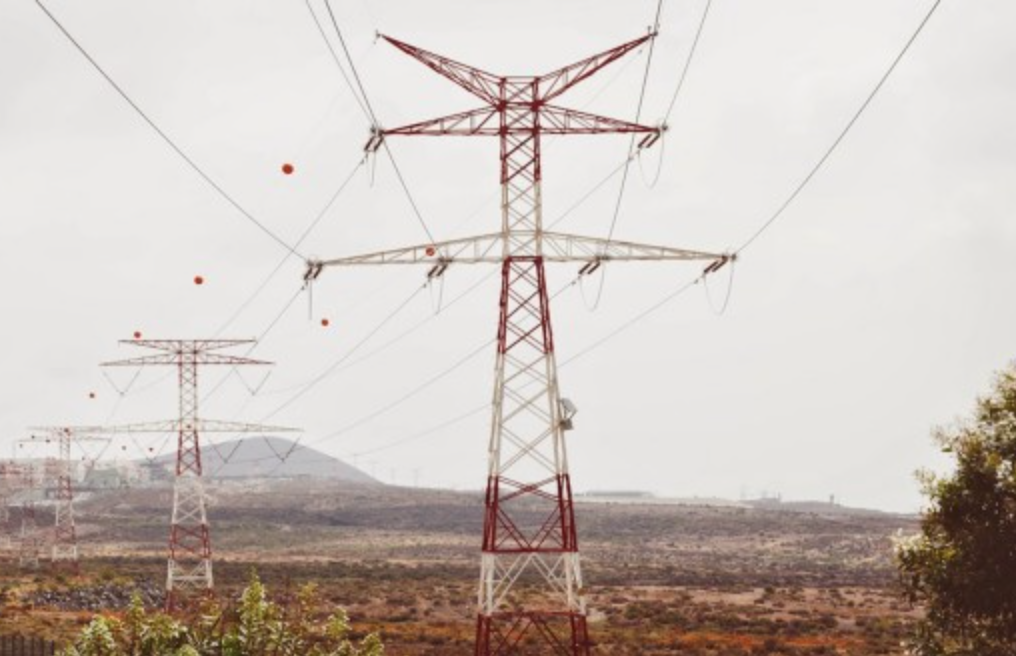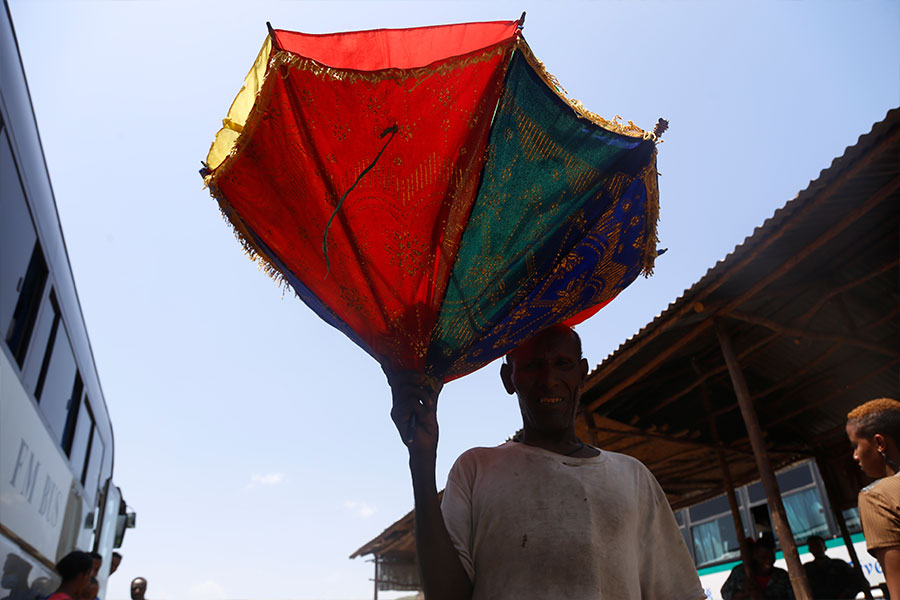
Fortune News | Jun 19,2021
May 23 , 2021
By Christian Tesfaye
There is often a response of surprise to growing social polarisation. People on both sides of the aisle, especially the elites, ask: how come the other side acts irrationally? Why can they not see what is clear to us?
The simple answer is that people usually act in the most rational way from their perspective. No doubt, the record of the average person putting themselves in the shoes of others is questionable. But it is mostly the case that we all make decisions and take actions based on the best information we can get. It is unfortunate that my choices are not to the immediate benefit of everyone but I know that they are good for me. Can I be blamed for acting on them?
An economist, at least one in the classical sense, would say that I should not be blamed for them. A selfish but rational decision is not only to my benefit, but it is also an advantage to society on the grand scale of it all. This is the underlying assumption behind free markets. When everyone in a regulated market maximises their own selfish utility, they create competition and incentives to produce goods and services that leave everyone else wealthier and more comfortable.
Of course, even classical economists mainly believed that some sort of regulation was necessary to regulate markets. They knew that, sometimes, a rational economic decision for an individual is not necessarily the best outcome for society.
Here in Ethiopia, we are living this dilemma in real-time. On the one hand is the value of the Birr, which is depreciating by the week against a basket of major currencies. A dollar currently costs around 43 Br, and about 54 Br on the black market, compared to 23 Br in 2017.
This is bad news to consumers and savers, especially the latter. Anyone that has money in the bank, and keeps that money in cash, is becoming poorer. The economically rational thing for this person to do would be to ditch the cash and convert it into a different currency, buy gold or any other asset, or consume it in some way instead of having some of the wealth disappear into thin air.
There is an excellent reason for an individual to do this going forward. If we look at the trend over the past three years, there has been a continuous upward progression, much higher than has occurred over the previous decades. The International Monetary Fund (IMF), whose 2.9 billion dollar programme Ethiopia is undergoing, says that the currency has yet to reach the market-clearing rate and government subsidies are still too high. This means inflation will not be going anywhere anytime soon. It would make much sense for a saver to ditch any wealth held in cash.
But what is rational for the individual would be devastating for society in this case. Inflation is sometimes a self-fulfilling prophecy. The more people believe that the value of the Birr will go down, and the more they expect the prices of goods and services to increase, the more inflation accelerates. It will be bad for society, except for the few that ditch their cash early.
Most people are not economists thus, this would not be the decision they will come to right away.
But if inflation does not abate, getting rid of savings will not only become the economically rational thing to do but also the only one. For this not to happen, a government that is, rightly, concerned that the economy is over-subsidised and the currency over-valued should put budget discipline at the centre of its economic policymaking.
PUBLISHED ON
May 23,2021 [ VOL
22 , NO
1099]


Fortune News | Jun 19,2021

Fortune News | May 23,2021

Viewpoints | May 23,2021

Fortune News | May 29,2021

Radar | Oct 02,2021

Films Review | Nov 02,2019

Films Review | Apr 17,2020

Money Market Watch | Apr 13,2025

Commentaries | Aug 01,2020

Radar | Jun 12,2021

Photo Gallery | 180570 Views | May 06,2019

Photo Gallery | 170764 Views | Apr 26,2019

Photo Gallery | 161843 Views | Oct 06,2021

My Opinion | 137295 Views | Aug 14,2021

Dec 22 , 2024 . By TIZITA SHEWAFERAW
Charged with transforming colossal state-owned enterprises into modern and competitiv...

Aug 18 , 2024 . By AKSAH ITALO
Although predictable Yonas Zerihun's job in the ride-hailing service is not immune to...

Jul 28 , 2024 . By TIZITA SHEWAFERAW
Unhabitual, perhaps too many, Samuel Gebreyohannes, 38, used to occasionally enjoy a couple of beers at breakfast. However, he recently swit...

Jul 13 , 2024 . By AKSAH ITALO
Investors who rely on tractors, trucks, and field vehicles for commuting, transporting commodities, and f...

Nov 1 , 2025
The National Bank of Ethiopia (NBE) issued a statement two weeks ago that appeared to...

Oct 25 , 2025
The regulatory machinery is on overdrive. In only two years, no fewer than 35 new pro...

Oct 18 , 2025
The political establishment, notably the ruling party and its top brass, has become p...

Oct 11 , 2025
Ladislas Farago, a roving Associated Press (AP) correspondent, arrived in Ethiopia in...

Nov 2 , 2025
The National Bank of Ethiopia (NBE) has scrapped the credit-growth ceiling that had s...

Nov 2 , 2025 . By SURAFEL MULUGETA
The burgeoning data mining industry is struggling with mounting concerns following th...

Nov 2 , 2025 . By YITBAREK GETACHEW
Berhan Bank has chosen a different route in its pursuit of a new headquarters, opting for a transitional building instea...

Nov 2 , 2025 . By BEZAWIT HULUAGER
Nib International Bank S.C. has found itself at the epicentre of a severe governance...